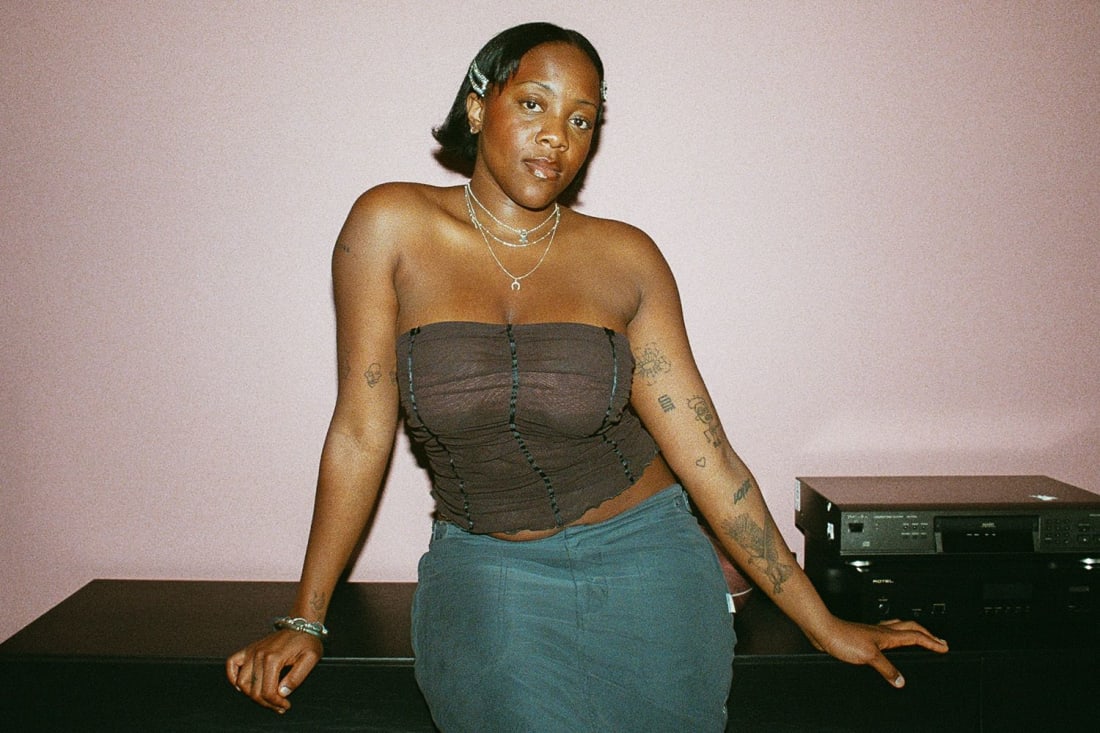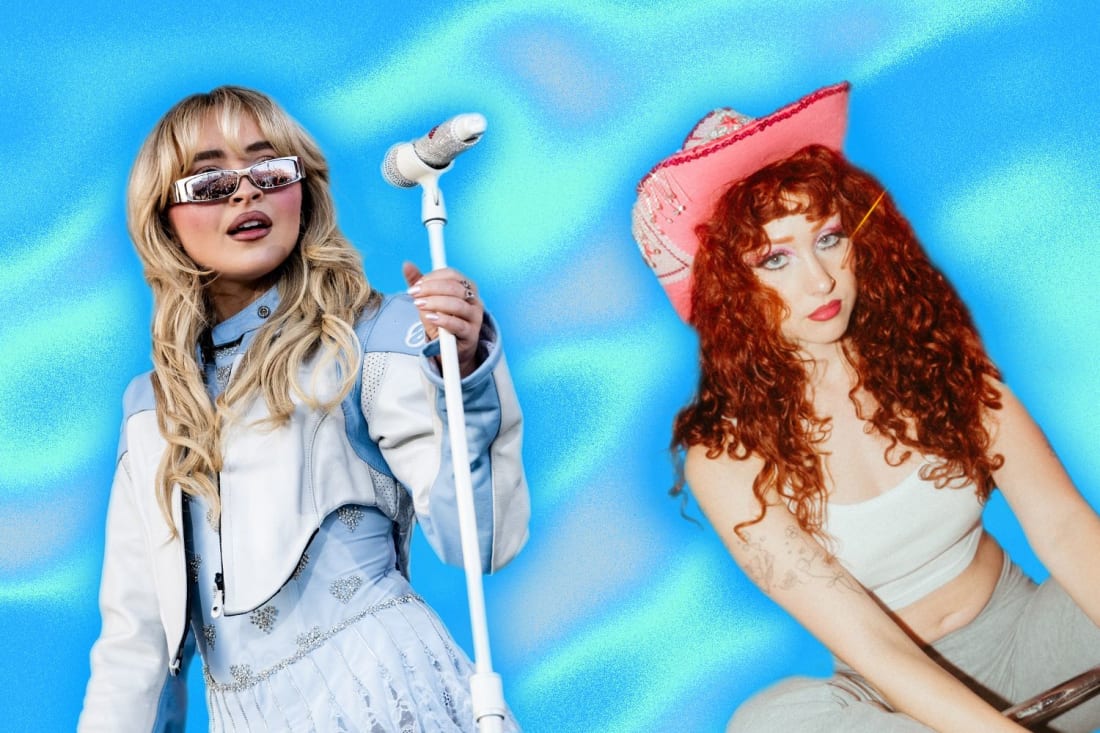An open letter to Lizzo, from a disabilities advocate
“You must know the power of your words and your voice, both melodically and in terms of its influence”
“You must know the power of your words and your voice, both melodically and in terms of its influence”
Dear Lizzo,
After listening to your latest single ‘Grrrls,’ it made me really think.
I’m Ryan Zaman, a disabilities advocate, model, writer and consultant. I started doing what I do because I wanted to make some change. I was born with a condition called Spastic Diplegia Cerebral Palsy, and I wanted to give people younger than me a reference point that I didn’t have when I was a kid. I’ve worked with quite a few brands; I feel like by just being there and showing up for an underrepresented community, it makes a difference. I also have a podcast called The Right Foot Forward where I talk to other disabled creatives about their journeys.
I’ve been a fan of your work and your message, the important presence you have in all kinds of ways, as millions of people hear your music and feel something, feel like they’re connecting with something special.
You spread great messages about self-worth and acceptance, with lyrics about “appreciating every curve and crevice”, you encourage us, as fans, to love ourselves and to find happiness and resilience through our moments of pain and heartbreak.
Since you’ve been doing what you do, you’ve undoubtedly gone out to get it (3 Grammys and more) and I respect that - that takes hard work, when there’s not a lot of people around you, like you, doing what you, and how you do it. Considering my line of work, that’s what resonates most for me when I hear your voice, or see you on my screen. I mean, you play the flute, and that’s crazy - no one can do that and sing as well as you can… but of course you already know that.
With all that talent and ambition, in spite of people telling you you couldn’t do something, you’ve built yourself a seat at a table, which means you’re able to shine brightly. That’s what’s always drawn me to your music, because I feel your light, and feel empowered, like a lot of people do.
I’ve come to one of your shows in Brixton, and seen so many different types of people in the audience - all coming to hear you, and learn your words - feeling united. That’s what music’s about though, isn’t it, bringing people together?
But then I heard you use the word s**z in your lyrics, after I got a message from Abbie Hills, a fellow disabilities advocate. Suddenly I didn’t feel like the music was bringing us together, it was telling some of us, especially me and a lot of people I know, that we weren’t seen in the same way. That our bodies aren’t warranted the same amount of respect – completely at odds with your core message. I haven’t heard that word for a long time – probably since my early teens. It’s a word that makes my gut clench and my body heat rush to the surface.
Considering your strong repertoire of messages on body positivity, you must know the power of your words and your voice, both melodically and in terms of its influence. Therefore, you need to be very careful in your power. When others hear the words you use, it also gives them permission to use them too.
There are some words that are not acceptable to use. Words that offend, harm and discriminate. We can think of many of them off the bat. The word you used is one of them.
1 in 5 people globally have a disability. The disabled community represents the largest minority group. 1 in 5 of your audience has a disability, who might feel the same as you have, when words have been aimed in your direction. I’ve seen you reference this feeling in your apology statement. You’ve apologised for “unintentionally” causing harm with your use of that word, and will be releasing an altered version of the song. No matter the intention though, you, and the eight other writers credited on this track, very intentionally used the word. No debate. It’s 2022 - if no one truly saw an issue here, you need to ask yourself: are the right people in the room around me? I appreciate your apology and the changes that you’ve made, but you need to do more. You need to educate yourself, just like everyone else has the responsibility to. Maybe you could also donate some of the profits from the song to disability charities too - after all, unemployment in the disabled community is double that of the non-disabled community.
Best, Ryan Zaman - Disabilities Advocate, Writer, Model.



